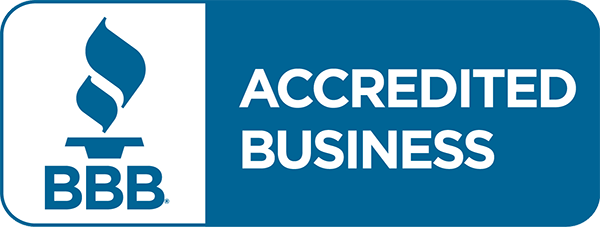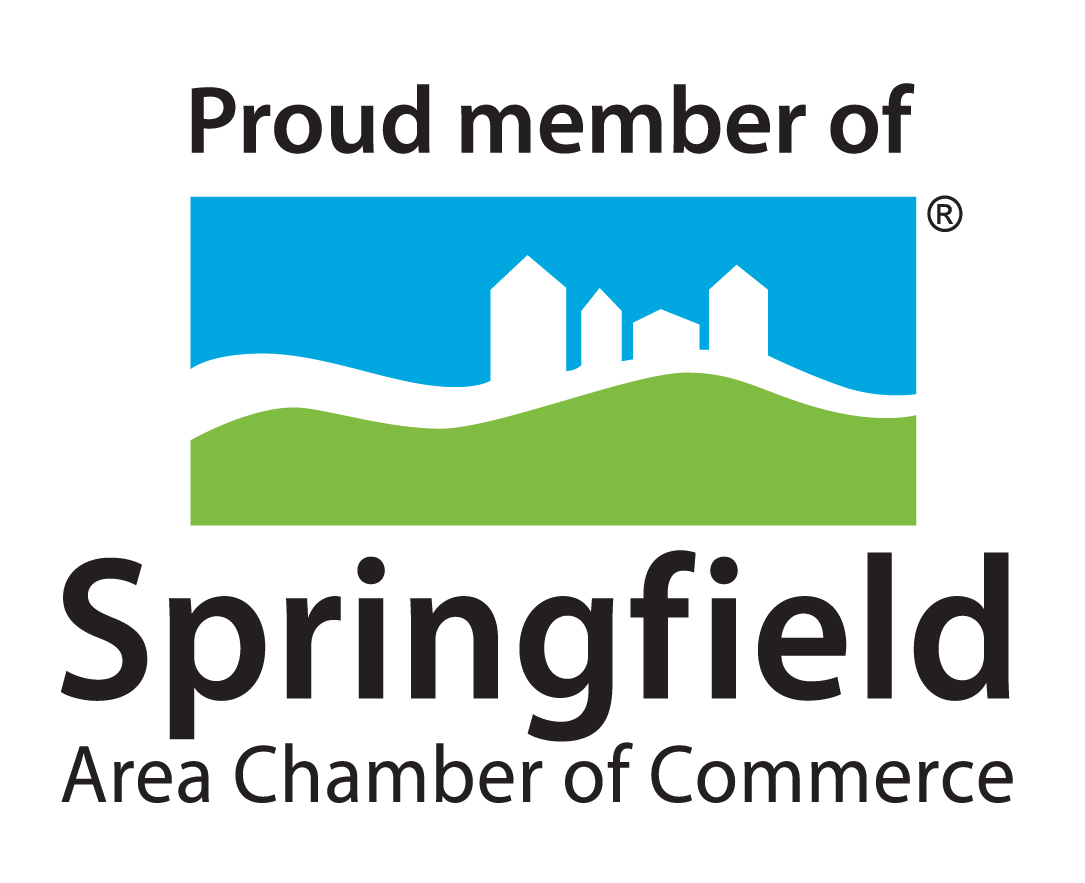The Chapter You File Under May Save Your Business
Before filing for bankruptcy, many people want to know what will happen to their business. All bankruptcies are different, with the unique circumstances of your debt determining which chapter you choose. The good news is: if you can work out an appropriate plan, your business may remain open.
The attorneys at Debt Doctors of Missouri help those struggling with their bills find financial freedom through declaring bankruptcy. We may find relief for you if you are struggling to meet your obligations. Contact our office at (414) 466-3328 to schedule your complimentary consultation.
Three Types of Bankruptcy Filings
Chapter 7, Chapter 11, and Chapter 13 are the three main types of bankruptcy filings. Under Chapter 11 and Chapter 13, you can keep your business. But if your debts are so overwhelming that restructuring is unfeasible, you must file for Chapter 7 where your assets are sold to pay debt owed to creditors. Under many, but not all circumstances, you can lose your business when you file Chapter 7 bankruptcy.
Chapter 13
The goal of Chapter 13 is to reorganize debt over three to five years. This filing typically is for individuals, but sole proprietorships can qualify and be included with personal debts. It’s a good bankruptcy option, because if your business is profitable, you can use the income to pay down your debts. However, issues can arise with a Chapter 13 filing if you have a high inventory of products or expensive equipment as most businesses assets are not exempt.
Chapter 11
Chapter 11 filings are solely for partnerships, corporations and LLCs, not personal bankruptcies. The company keeps operating under this filing, but business owners have additional responsibilities, including submitting continual operation reports. The purpose of this filing is to allow businesses to earn money to repay creditors. Only if your creditors don’t approve the plan and you must convert to a Chapter 7 would your business be in jeopardy.
Chapter 7
Business owners who file a personal Chapter 7 bankruptcy risk temporary closure or losing their company entirely. Two factors that will determine whether you can keep your business are 1) whether the company has liability insurance, and 2) the ability of the bankruptcy trustee to sell some business property or even the business itself. Chapter 7 involves liquidation of all assets to pay your creditors. When the liquidation process is complete, your remaining debt is discharged.
Situations Where You will Likely Keep Your Business Under Chapter 7
Sole proprietor of a service-oriented business. If you have an accounting firm, a small law office or are a freelance writer, you don’t depend on an inventory, so it’s unlikely the trustee will close your company to value your assets. Note that you’ll still need to exempt equipment like computers and printers, furnishings, accounts receivable and other income sources.
You own full interest in an LLC or corporation that can’t be sold. If the business isn’t worth much or no one wants to buy it, the bankruptcy trustee will likely abandon the effort and the business will be yours to keep.
You own interest or shares in an unsellable LLC or corporation. The scenario is the same as the previous one. Selling partial ownership is frequently difficult as investors tend to stay away from such companies.
Situations Where You will Likely Lose Your Business Under Chapter 7
You’re a sole proprietor of a product-oriented business. Unlike a service company, you need inventory to conduct business. The trustee will most likely close the company permanently for a full inventory of products, equipment, furniture, and other assets.
You own full or partial interest or shares in an LLC or corporation the trustee can sell. Even if you use a wildcard to protect your shares, the trustee may still sell the company and return the exemption amount to you while using the remaining proceeds to pay your creditors.
You are a partner in a partnership. This scenario is tricky. Partnership agreements often contain a clause that dissolves the company if one of the partners files bankruptcy.
The Bankruptcy Process is Precise and Complex
Bankruptcy is essentially a qualification process with a 50 to 60-page petition and rules that apply to every step that you must follow precisely. Many people become quickly overwhelmed, especially if they are trying to keep their companies open at the same time. Consulting a bankruptcy attorney before you file can help steer you toward the most appropriate debt solution and get you back in stable financial ground.
Contact Our Office If You’re Considering Bankruptcy
If you have crushing debt in Missouri, call our office at (414) 466-3328 to discuss your possible filing with one of our experienced bankruptcy attorneys. We will clarify your situation and work to help you meet your financial goals.




